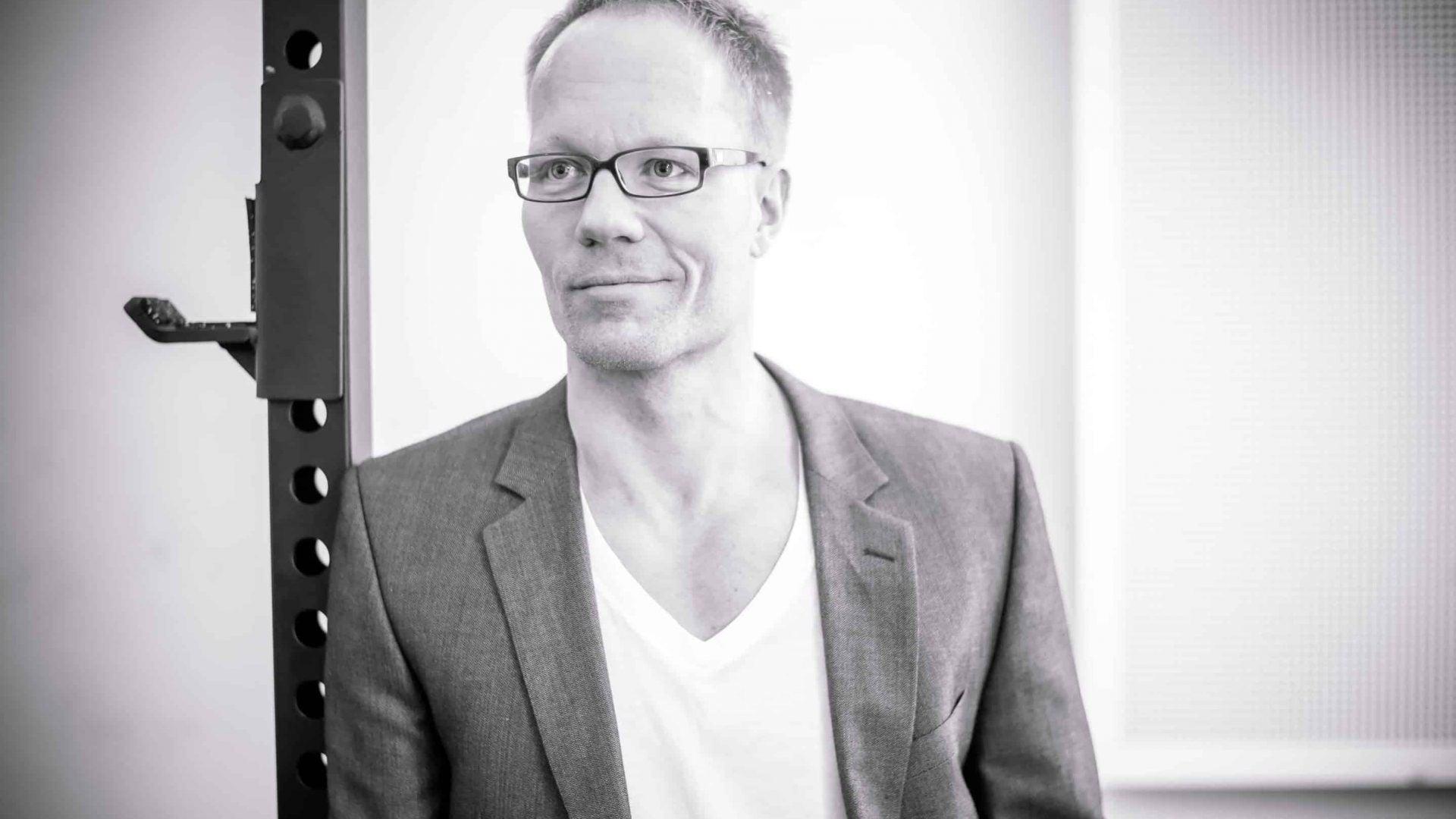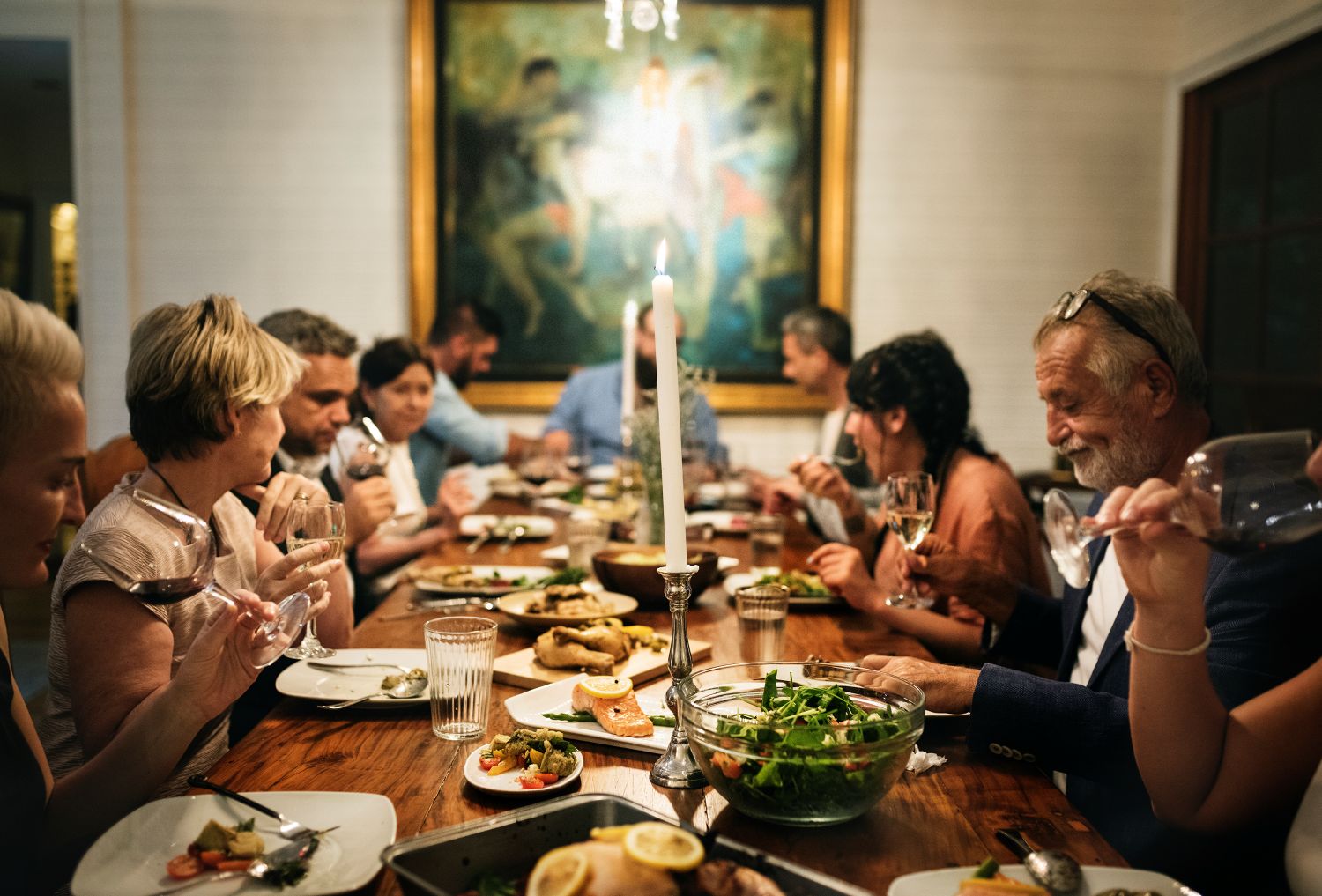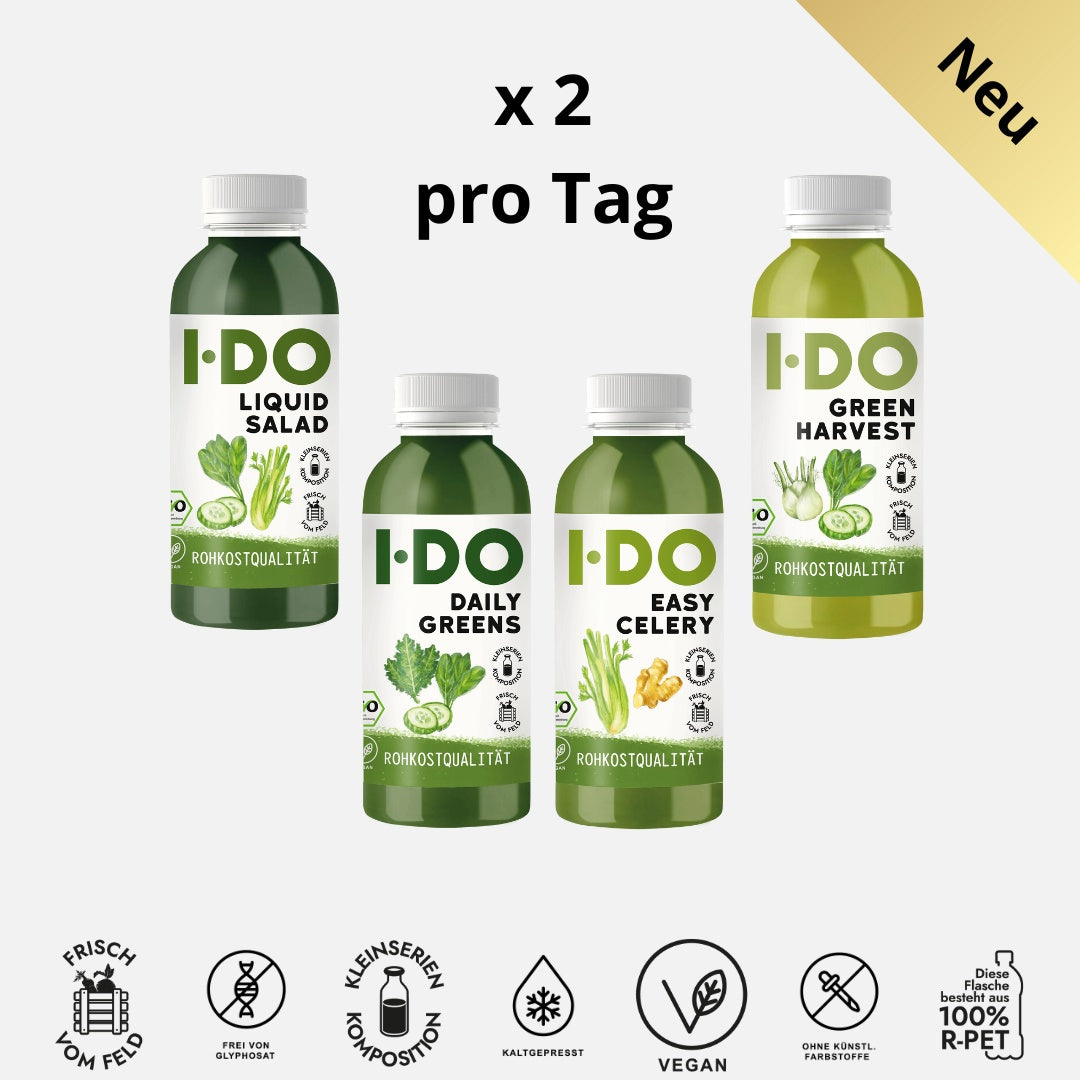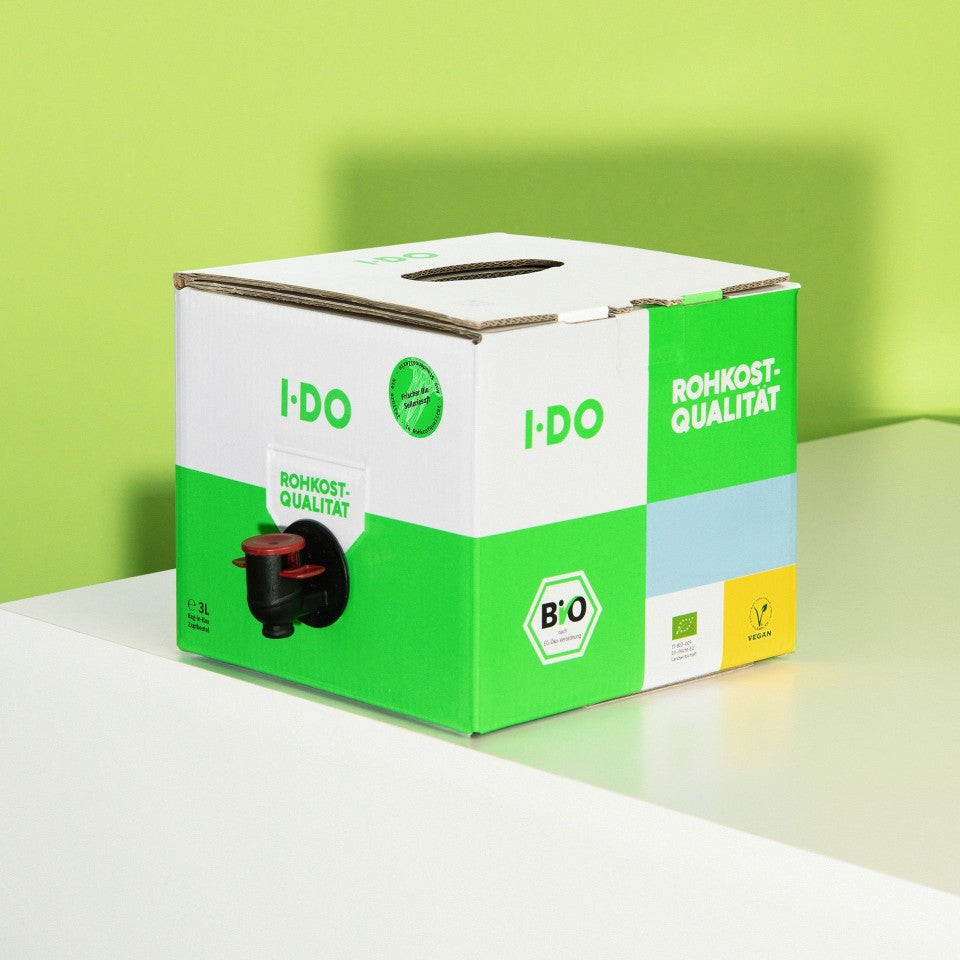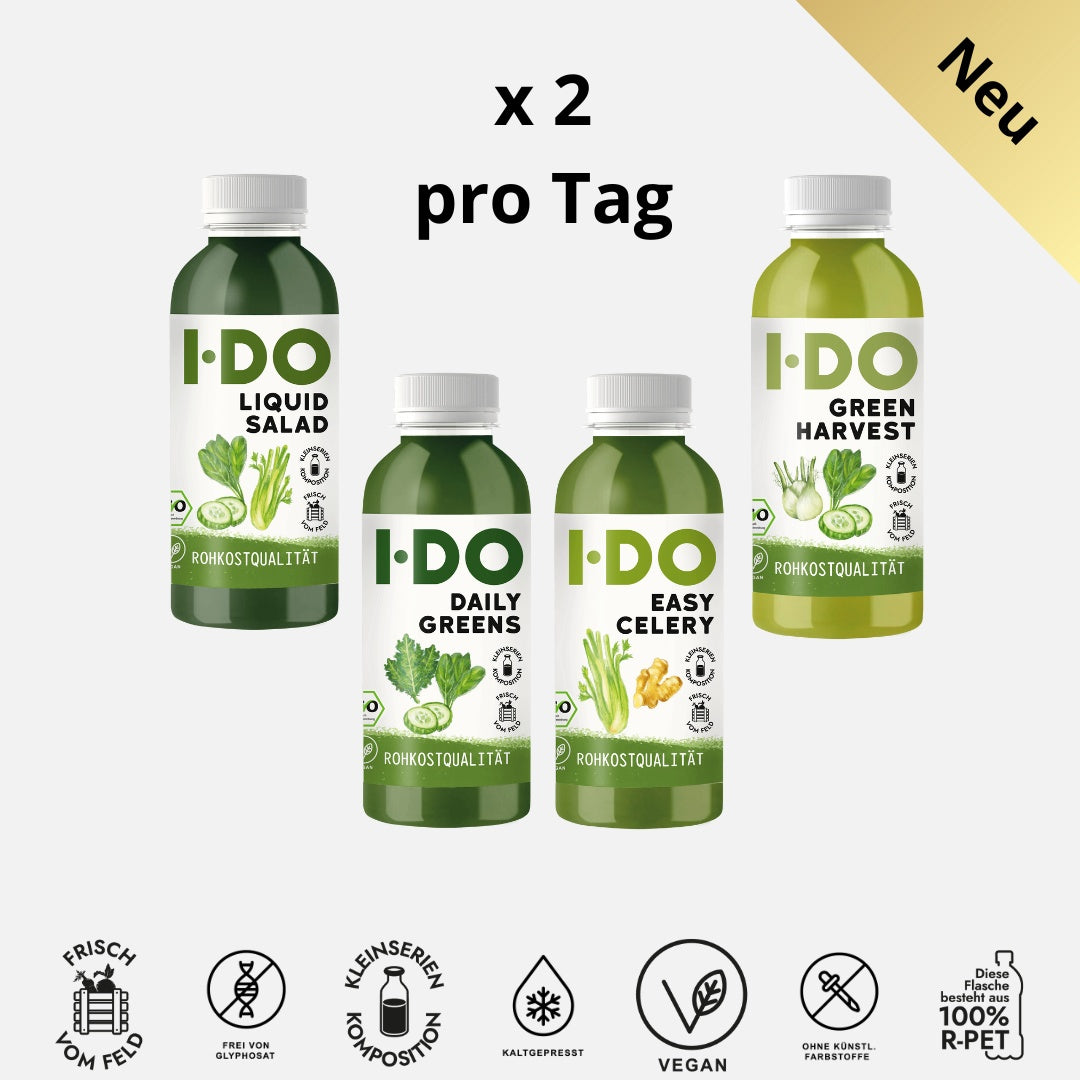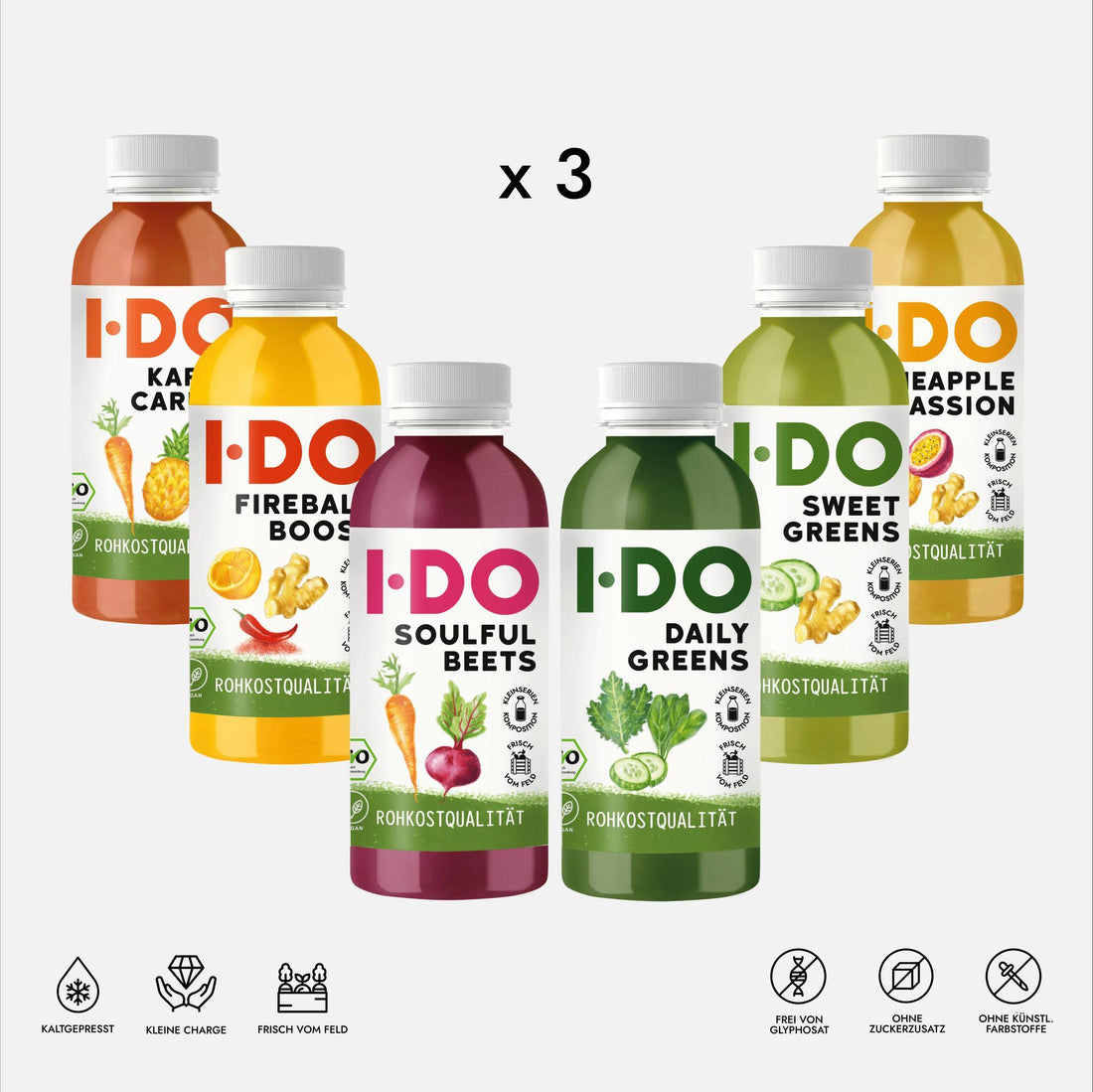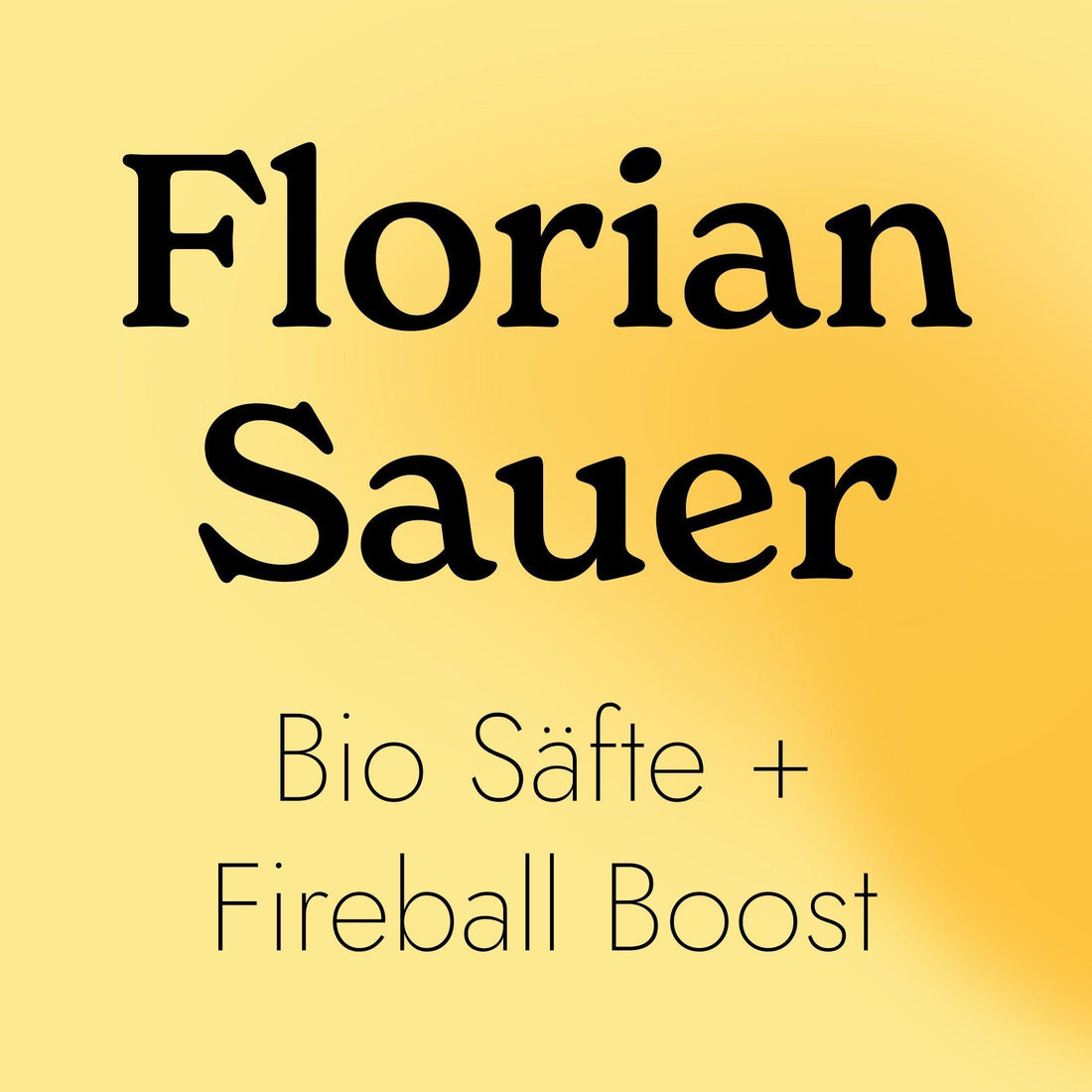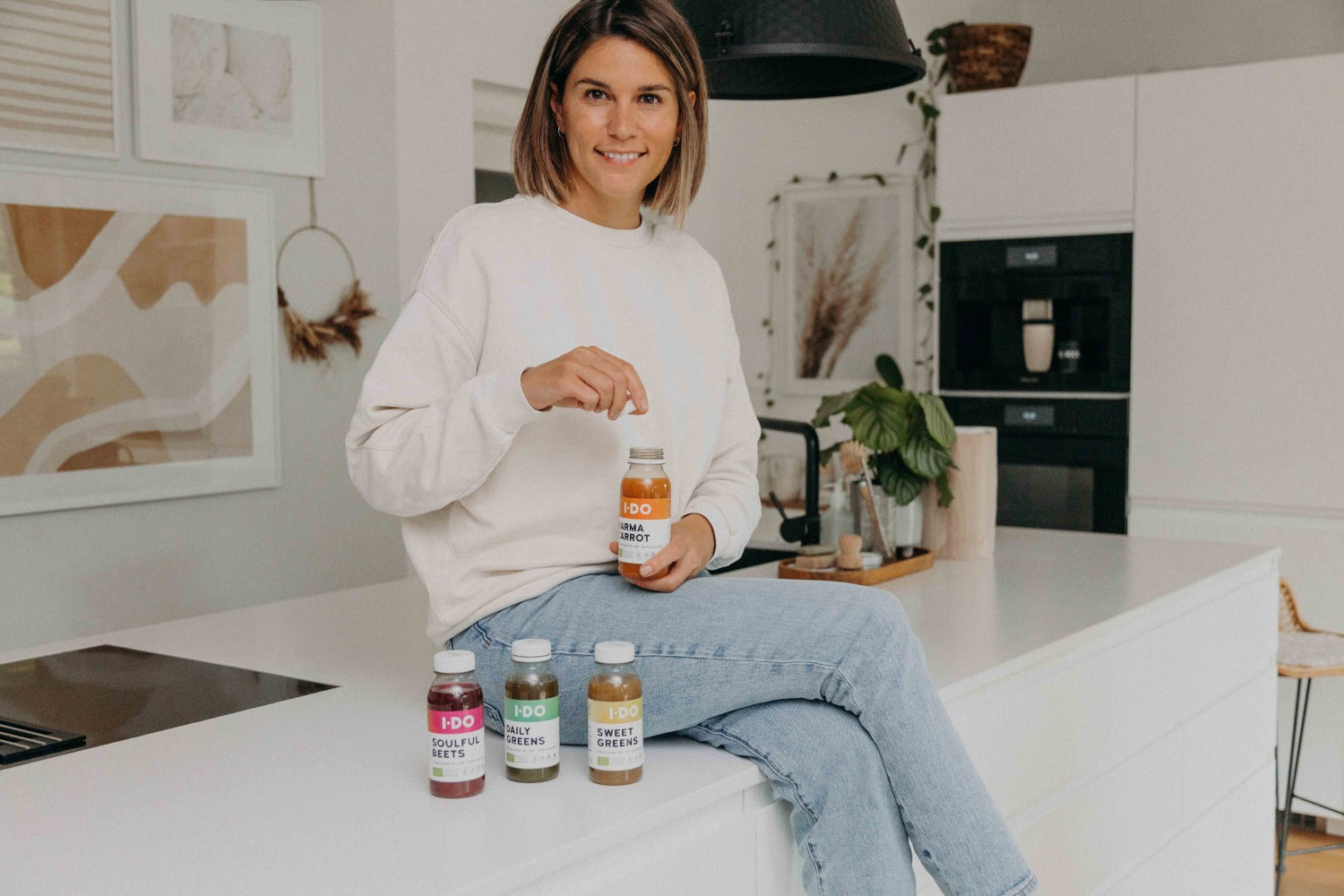For Marcus Schall, sports and healthy eating have always been a part of his life. He started strength training at the age of 14 and even rowed as a teenager. Later, he worked in sales for sports and medical products, gaining experience with new trends in sports nutrition, especially in the USA, and thus found a new calling. He is now “SuperGoodFood” has become an author and advises primarily competitive athletes on performance-enhancing nutrition.
Schall focuses primarily on simple, everyday, natural recipes with optimal nutritional value. “If you want to reach your full potential, it is absolutely important to eat healthily – but it is not rocket science!” As a “Performance Food Coach,” he has a broad range of activities: He currently supports, among others, the Germany eight , the Götze brothers Mario (BVB) and Felix (FC Augsburg), sprinter Gina Lückenkemper, steeplechaser Gesa Felicitas Krause, Nordic combined athlete Eric Frenzel, rower Maximilian Planer, Ford works driver and Le Mans winner Dirk Müller and the AMG Performance Racing Team Black Falcon.
HOW DID YOU COME INTO THE TOPIC OF “HEALTHY NUTRITION”?
"That was quite a while ago. I started strength training at the age of 14, and I've been interested in the topic ever since. At first, there was hardly any information about it; strength training magazines were my first sources. Later, I started working in the sports sector and began to explore the connection between nutrition and athletic performance more intensively and specifically."
WHO OR WHAT INSPIRED YOU TO WRITE THE BOOK SUPERGOODFOOD?
"The impetus for the book came primarily from the feedback and questions from attendees at our first workshops and lectures. The topics were always the same, so a book seemed a natural choice."
WOULD YOU SAY THAT YOU EAT A PARTICULARLY HEALTHY EAT?
"Yes, I think so – healthy and conscious. But that doesn't mean that I eat obsessively. In fact, the way we eat healthy at home doesn't really mean depriving myself. Many of the classic "sins" like fast food, pizza, or chocolate bars have never really appealed to me. Besides, you can easily eat these things better or in a healthier way. You don't necessarily have to go to a fast food restaurant to eat burgers; these days there are lots of small, much better burger restaurants. The quality of the food and products used is always my top priority. Life is too short for bad food! And of course, I also treat myself to a little indulgence now and then; it's just part of the experience. For me, it's ice cream, pasta, and wheat beer."
WHAT DOES HEALTHY EATING MEAN TO YOU?
"First of all, it's absolutely clear: organic. If you look into the background of modern agriculture, there's no getting around it, in my opinion. Otherwise, I can summarize it like this: balanced, fresh, as unprocessed as possible, predominantly regional and seasonal, lots of colorful vegetables, supplemented with high-quality animal products."
HOW DO I FIND OUT WHICH DIET IS RIGHT FOR ME?
"It's not easy. You have to experiment a lot and listen to your body. There's no single, perfect diet. However, I firmly believe that we should all eat as much fresh and unprocessed food as possible. It's like going back to the roots."
For many people, healthy eating involves more effort and more expense. What do you think?
"Yes and no. Of course, high-quality food costs a bit more than cheap industrial stuff. But that's primarily a question of priorities. Many people spend several hundred euros on constantly new smartphones without batting an eyelid, or more than four euros on a coffee to go. But for 10 organic eggs, this amount seems too much to most consumers. So it's primarily a question of priorities, which, in my opinion, have shifted. Food and groceries have a direct impact on our bodies; they even become a part of us. Therefore, it's only logical to invest a little more money in healthy eating. And if you plan and shop smartly, for example, seasonally and regionally, then many products aren't that expensive. And a homemade vegetable soup is cheaper than two fast-food meals, and much more nutritious."
DO YOU LIKE TO COOK YOURSELF?
"My wife Dani usually does that. I tend to take care of breakfast, snacks, smoothies, and the like."
It seems that one in two people today has gluten intolerance or lactose intolerance. How should such intolerances be classified from a nutritional perspective?
"It's also a relatively complex topic. However, I'm generally convinced that many of these intolerances aren't necessarily actual intolerances in the medical sense, but rather sensitivities. In my opinion, these are often due to the quality of the food used. A supposed gluten intolerance is often more of a reaction to the overbred industrial wheat, which doesn't occur or is only reduced with spelt, for example."
IS THERE A PARTICULARLY IMPORTANT RULE OR ASPECTS THAT YOU LIKE TO PASS ON TO THE ATHLETES AND TEAMS YOU SUPERVISE?
“There are certainly some, but of course most of them are confidential – especially in the pre-Olympic year! But I always explain one approach right at the beginning of our work: Food is Fuel. It's for the highest possible performance and the best possible recovery. Therefore, it's essential for athletes to eat healthy and focus on it."
WHAT MAJOR PROJECTS ARE PENDING FOR THIS YEAR AND NEXT YEAR?
"There are quite a few. With the German eight, our absolute focus is, of course, preparing for the Olympics. We're currently planning Phase II, which will run from the beginning of October until departure to Japan. The same applies to the work with Gina Lückenkemper and Gesa Krause, who are also already preparing for this competition. A few other projects in motorsport and football are also on the agenda. So it certainly won't be boring."
WHAT DRIVES YOU?
“The conviction to do the right thing and to ensure that the topic of nutrition in German elite sport finally receives appropriate attention.”
WHAT TIP CAN YOU GIVE OUR READERS TO TAKE THE FIRST STEP IN THE RIGHT DIETARY DIRECTION?
"Food is fuel, and that doesn't just apply to athletes. Anyone who starts thinking of their diet as fuel has already taken the first step. And take it easy! Many small steps add up to a big one, and every beginning is easy."


